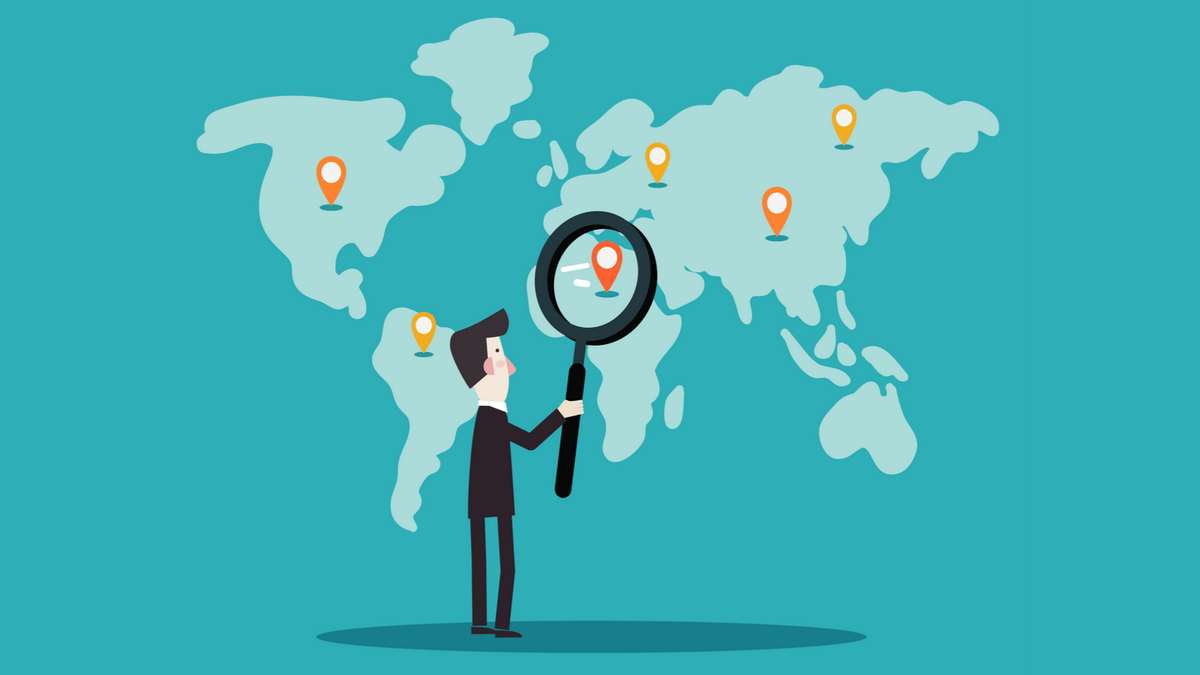
In today’s digital age, retail stores must provide outstanding customer experiences to remain competitive. To achieve this, retailers need robust retail software solutions that empower store staff to manage operations efficiently and complete tasks in a timely manner.
Why retail software solutions development is Essential.
The retail industry is undergoing significant changes due to changes in consumer behavior. Consumers are becoming increasingly impatient, with 87% of shoppers leaving the store if an item is unavailable and there is no assistant nearby, and 78% of buyers not returning to a retailer after three late or incomplete deliveries. Therefore, brick-and-mortar stores must embrace technology to stay ahead of the competition and retain loyal customers.
Retail software is a wise investment for companies of any size. It can integrate with any retail business and is scalable to meet the needs of a single shop or a large retail chain. The benefits of retail solutions include:
- Automation: tasks such as inventory auditing, pricing regulation, billing, reporting, payroll records, returns processing, etc. can be automated.
- Real-time visibility: systems provide online control of warehouses and shop floors, allowing for real-time inventory monitoring, quick identification of out-of-stock items, and instant alerts for any issues.
- Improved customer service: employees can focus on engaging with customers while the system performs other tasks automatically.
Retail software can be deployed on-premise or as a cloud-based solution. On-premise solutions require IT specialists to maintain the system and handle updates, while cloud-based solutions are managed by providers and only require an internet connection. Retail software can manage products, orders, inventory, supply chain, financial transactions, marketing campaigns, human resources, and customer relations.
Implementing retail software improves operational efficiency and customer satisfaction, saving time and money and increasing conversion rates.
Types of Retail Software Solutions Retail software comprises various digital solutions that allow retailers to manage and automate in-store and out-of-store processes. These solutions can range from general retail functionality to industry-specific solutions for supermarkets, clothing stores, etc.
- Payment Processing Software: connects stores with banks and payment systems and handles credit card processing, online payments, secure storage of customer payment records, customizable invoice creation, and report generation for all transactions.
- Inventory Management Software: controls warehouse stocks and automates stock synchronization with orders, automatic invoicing, report generation, and expiry tracking. It can also integrate with barcode scanning, RFID, and tracking technologies.
- Point of Sale (POS) Software: consists of hardware (tablets, computers, cash registers, barcode scanners) and software used in brick-and-mortar stores for real-time sales. POS solutions handle financial processing, inventory control, discount management, layaways, and returns. Mobile POS solutions run on smartphones and tablets and are ideal for on-the-go transactions, while desktop POS systems are installed on computers in stores and offer more comprehensive functionality. Self-service kiosks are popular in fast-food restaurants and allow customers to make orders and payments without cashier assistance.
- Retail Management Software: comprehensive digital platforms that integrate various tools for managing retail operations, including inventory management, invoicing and billing, CRM, marketing management, stock verification, and data analysis and report generation.
- Retail ERP Systems: enterprise resource planning software that integrates modules for controlling all
Steps for Developing Software for Retail Business
- Vendor Selection: Choosing the right software vendor is a crucial and demanding process. It is essential to take the time to make a well-informed decision, as the vendor you choose will determine the smoothness of the implementation and its impact on your business performance. Opting for vendors that cater specifically to the retail industry is recommended, as they will provide a ready-to-use database and minimize the need for customization. Consideration should also be given to the type of cloud or on-premise hosting that best suits your company’s needs and budget. Leading software vendors for the retail industry include SAP, Magento, and Sitecore.
- Planning and Budgeting: The next step is to outline the key features required in your system and develop a comprehensive plan. Decide whether an omnichannel solution is necessary, what functions it should perform, and any third-party systems that need to be integrated. This will help you determine if a custom solution is required or if an out-of-the-box explanation will suffice. The planning stage may take two to five weeks and should be aligned with your budget.
- Development and Implementation: Custom development takes longer than implementing ready-made solutions. During the implementation process, technical and cultural changes will occur within your company. It is essential to assemble an internal team of experts, prepare your staff for the new system, and perform data cleansing. Depending on the company’s circumstances, this stage can take anywhere from a few months to over a year.
- Testing: The management system requires thorough testing and control. Many companies practice continuous testing, which takes place simultaneously with integration. Be prepared to address any issues and make adjustments. The ultimate goal of final testing is to simulate the lifecycle of your business with go-live processes.
- Maintenance: A successfully implemented system requires ongoing support and maintenance, which the software provider or your in-house technical specialists can provide.
Cost Considerations: The cost of developing retail software varies and depends on various factors, such as company size, number of functions and applications required, hosting type, customization level, and resource requirements. A general idea of retail management software costs based on company size can be found in the accompanying table. It is important to note that the bigger the company, the higher the cost and the cost of software is usually lower than the cost of human resources. The initial implementation cost is typically less than the ongoing maintenance cost. Every vendor has a unique pricing policy and will provide an estimate of total costs once the project is completed.
Conclusion
Partnering with a Retail Software Development Expert: COAX specializes in software development and has extensive experience developing retail and eCommerce systems. They can become a reliable partner and help position your company as a leader in the retail industry. If you need retail store management software or want to learn more about their expertise, just follow the link: coaxsoft.com


